Here’s the bad news. One day you or someone like you will be shopping in a mall or enjoying a concert or about to catch a train when the first sudden, sharp crack will rend the air and your world will change forever.
Around you, people will start to crumple and as the panic and horror finally dawn the screams will begin while the automatic rifle fire escalates and those still standing will begin to flee — but where to? If you run away from the gunfire you’re being herded into a trap. If you run towards it you’ll be shot, either killed immediately, or casually, later, as you lie wounded, probably by knife to save ammo.
Welcome to the modern world — from which unfortunately none of us can escape because this is how it is from now on, as it has been since at least 1997 when those 68 people, most of them foreign tourists, were massacred at the Hatshepsut Temple in Egypt’s Valley of the Kings, paving the way for Nairobi, Mumbai and Paris.
The fact that it hasn’t happened in Britain yet is no cause for consolation, as various experts reminded us at the beginning of The Attack: Terror In The UK (BBC2, Thursday). One was Aimen Dean, a former al-Qaeda fighter, who recalled being trained in just these tactics in a terrorist camp in Afghanistan. Another was Richard Walton, head of Counter Terrorism Command, 2011–16: ‘The thing that still keeps me awake at night is the prospect of a marauding terrorist firearms attack [MTFA]. A lot of people can be killed in a very short time span using automatic weapons. It’s an attack that’s very hard to counter, obviously, unless you can prevent it…’
So now your worst nightmare has a name: MTFA. And how refreshing it is to find the BBC doing its job and giving us the unvarnished truth for a change instead of handwringing about the perils of Islamophobia. Simply, soberly, realistically, the drama-documentary charted the likely course of such an attack, from the radicalisation of one of the perpetrators in prison to the purchase of the guns to the moment in the mall just before that first sharp crack.
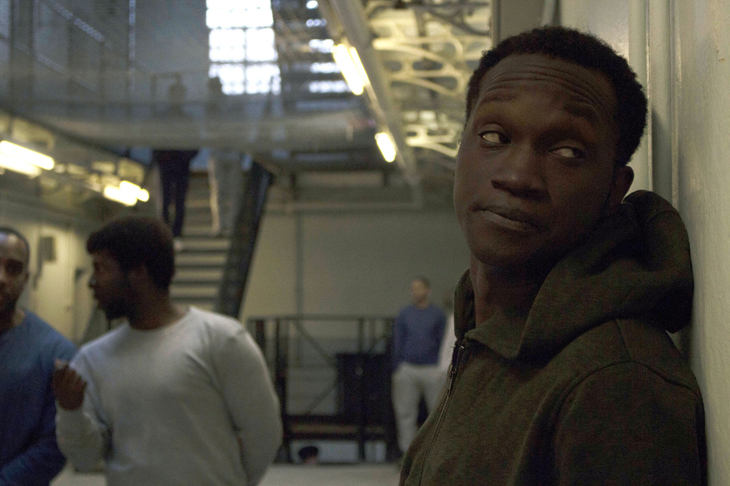
This World: The Attack: Terror in the UK
It was all chillingly plausible. The black inmate — Joseph, quickly redubbed Yusuf — being lured to Islam for the security, protection and consolation it offers in prison; his Yardie contacts outside being reluctant to sell guns to ‘Jihadi John nutters’ — ‘but if it’s a business ting, dats cool’; the helplessness of the overstretched security services, as they try to keep tabs on the hundreds of suspected terrorist plots being planned at any given time.
Everything felt just right: the unflashy acting, the dialogue (‘blud’, ‘fam’, ‘caps’; ‘How much lead do you want?’ ‘How much you got?’ ‘Bruv is this a hit or what?’); Joseph’s resentment at his failure to be able to live a normal life with his little boy and his estranged lover being channelled into vengeful bitterness. The awful, inevitable trajectory made it painful to watch. But maybe it’s time we all acknowledged where we are and what’s coming: especially those bien-pensant types floating around on their cloud of deluded smugness and mouthing the old piety: ‘Well, you’re still miles more likely to be hit by a car…’
On a cheerier note: The Secret Science Of Pop (BBC4, Tuesday). Professor Armand Leroi, an amiable evolutionary biologist, analysed the data from feeding 17,000 chart toppers into a computer and then — with the help of Trevor Horn (the studio whizz who gave us ‘Video Killed The Radio Star’) and an up-and-coming singer-songwriter Niké Jemiyo — attempted to manufacture the perfect pop hit.
As it turned out, this is easier to theorise than achieve. Knowing, for example, that Taylor Swift’s ‘Style’ succeeds because it represents the most perfectly average summation of the ingredients of all other pop hits doesn’t mean you can recreate it in a studio just by taking a catchy song and then tweaking and cheesifying it with, say, a faster tempo or a rap break in the middle.
Still it was an enjoyably silly exercise and we learned lots of interesting things on the way via Leroi’s data analysis. Turns out that punk, far from being the most world-changing catalyst of the musically turbulent late 1970s, was in fact a non-event: the real game-changer was disco. And in terms of sonic influence — notably the harder, rocking edge which made 1964 such a pivotal year — London bands like the Kinks were more important than the ‘average’ Beatles. But going back to Taylor Swift, maybe that’s the point. Maybe true pop genius isn’t originality but an instinct for finding the golden mean.
Got something to add? Join the discussion and comment below.
Get 10 issues for just $10
Subscribe to The Spectator Australia today for the next 10 magazine issues, plus full online access, for just $10.
You might disagree with half of it, but you’ll enjoy reading all of it. Try your first month for free, then just $2 a week for the remainder of your first year.


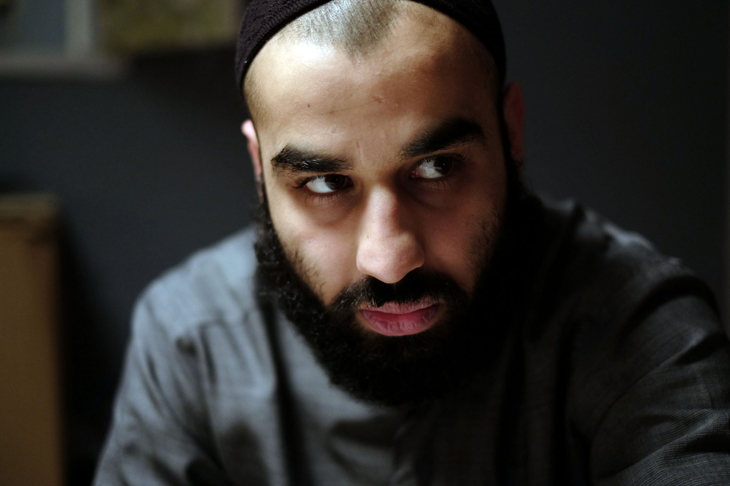

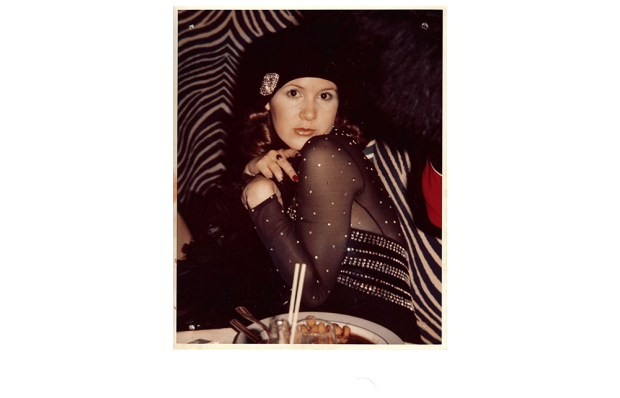

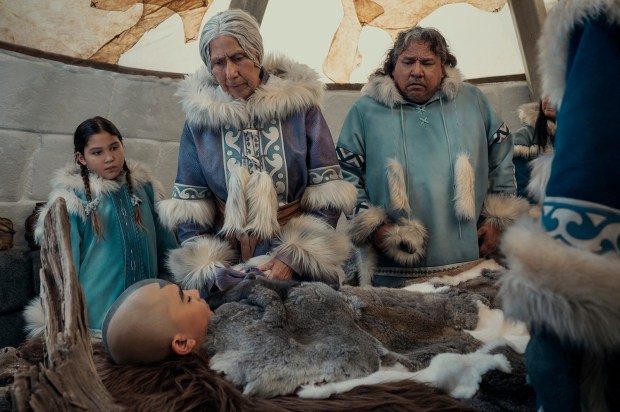
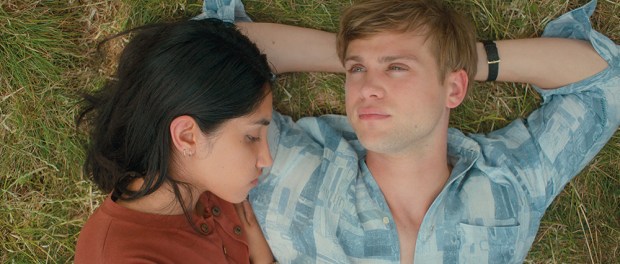
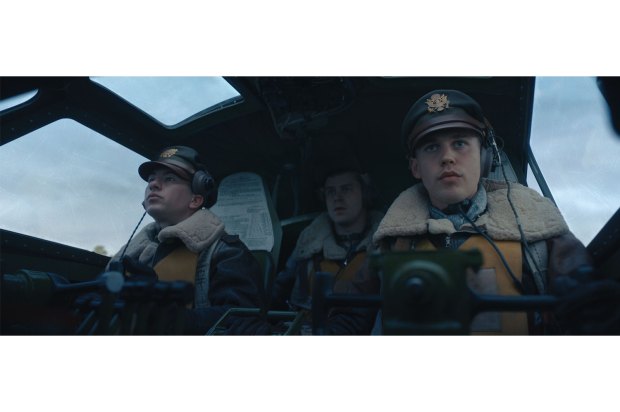






Comments
Don't miss out
Join the conversation with other Spectator Australia readers. Subscribe to leave a comment.
SUBSCRIBEAlready a subscriber? Log in